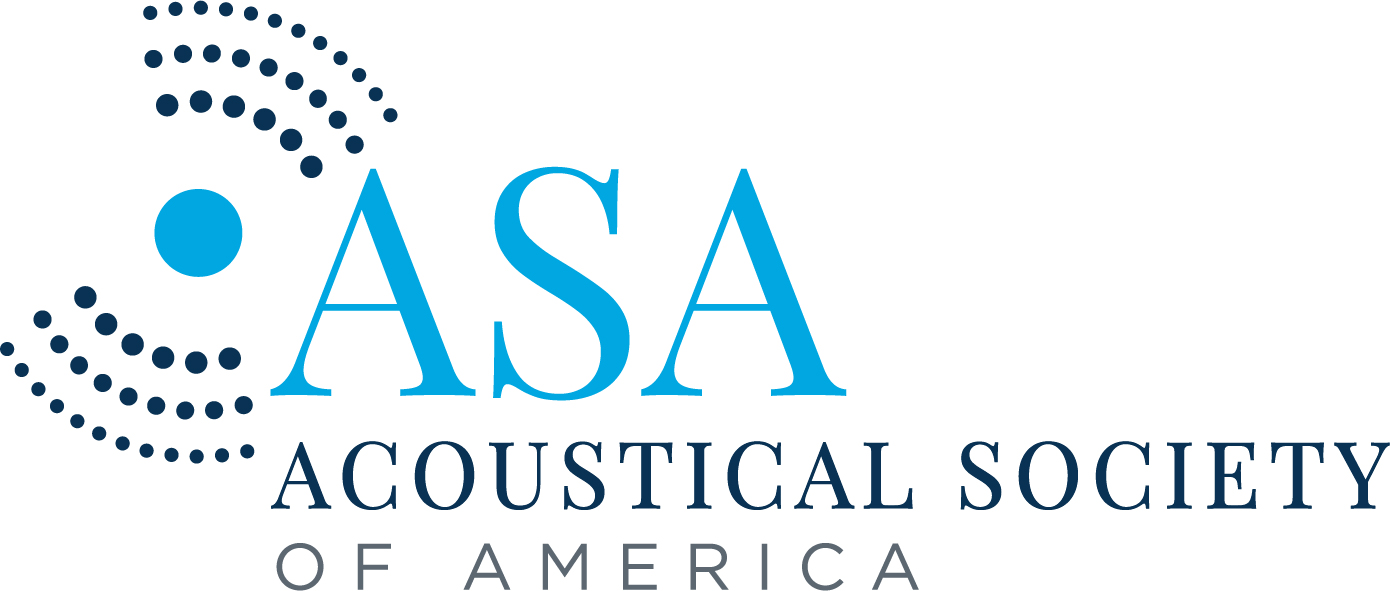Helen Wall Murray
POMA Manuscript Manager
According to POMA Editor Megan Ballard, “All the papers were quite good and also so different in terms of technical content and style. It was difficult to rank them because they were all high quality and excelled in different ways.”

We look forward to promoting all of the excellent papers submitted over the next several weeks in upcoming email and social media campaigns.
Speech Communication
Nicholas B. Aoki and Georgia Zellou
Proc. Mtgs. Acoust. 51, 060002 (2023) https://doi.org/10.1121/2.0001766
Architectural Acoustics
Jonathan Michael Broyles and Zane Tyler Rusk
Proc. Mtgs. Acoust. 51, 015004 (2023) https://doi.org/10.1121/2.0001751
Computational Acoustics
Dariush Kari and Andrew C. Singer
Proc. Mtgs. Acoust. 51, 022002 (2023) https://doi.org/10.1121/2.0001753
Musical Acoustics
Alessio Lampis, Alexander Mayer, Montserrat Pàmies-Vilà and Vasileios Chatziioannou
Proc. Mtgs. Acoust. 51, 022002 (2023) https://doi.org/10.1121/2.0001755
Noise
Logan T. Mathews, Mark C. Anderson, Carson D. Gardner, Bradley W. McLaughlin, Brooke M. Hinds, Megan R. McCullah-Boozer, Lucas K. Hall and Kent L. Gee
Proc. Mtgs. Acoust. 51, 040003 (2023) https://doi.org/10.1121/2.0001768
The next student paper competition will commence after the close of the 185th Meeting of the Acoustical Society in Sydney, Australia. Student presenters are invited to submit a corresponding paper by the competition deadline, which is 30 days after the conclusion of the meeting. In this case, 8 January 2024. For more information about the POMA Student Paper Competition (PSPC), please contact the POMA Editorial Office – poma@acousticalsociety.org or review this recent blog post that details the qualifications and guidelines – https://acoustics.org/poma-captures-meeting-momentum/.
We look forward to receiving your Sydney submissions!

0 Comments